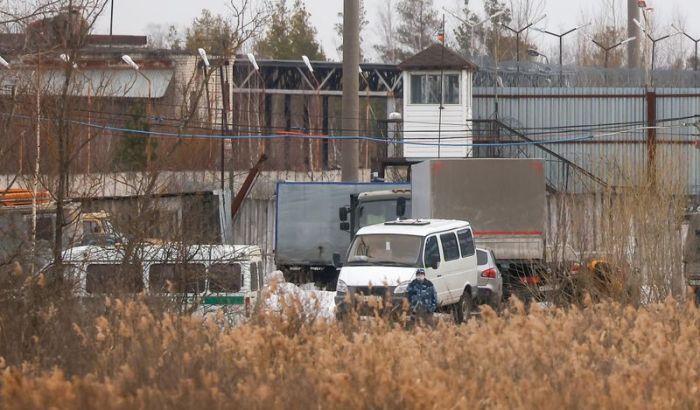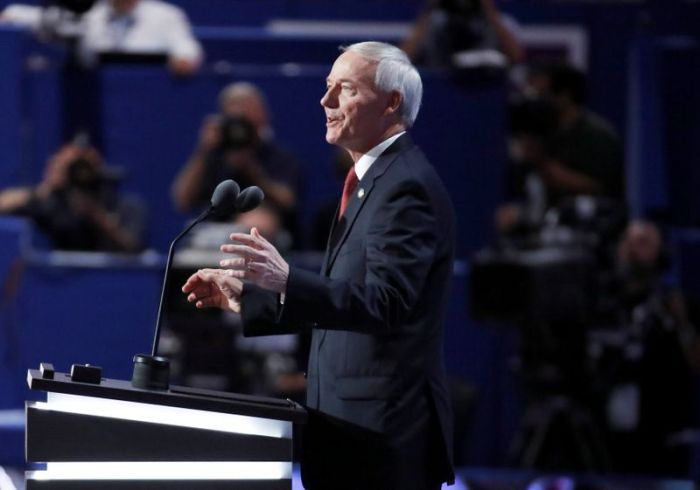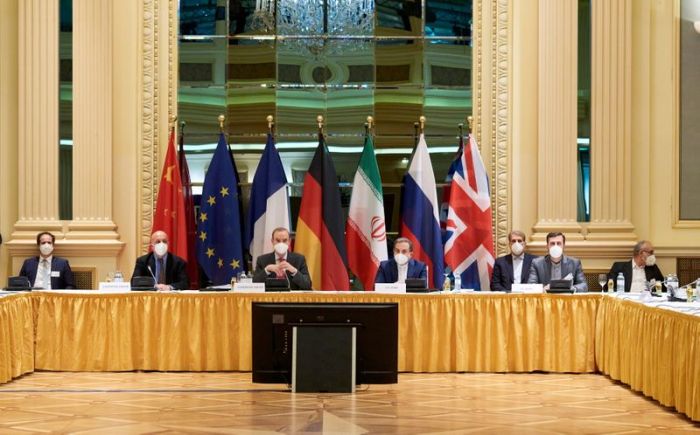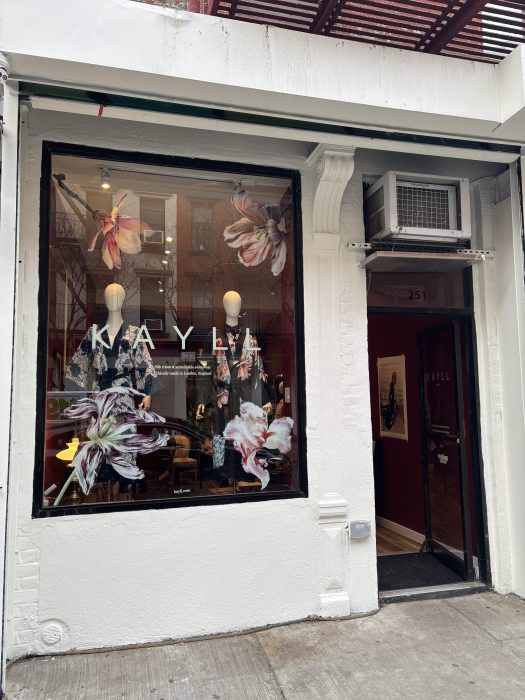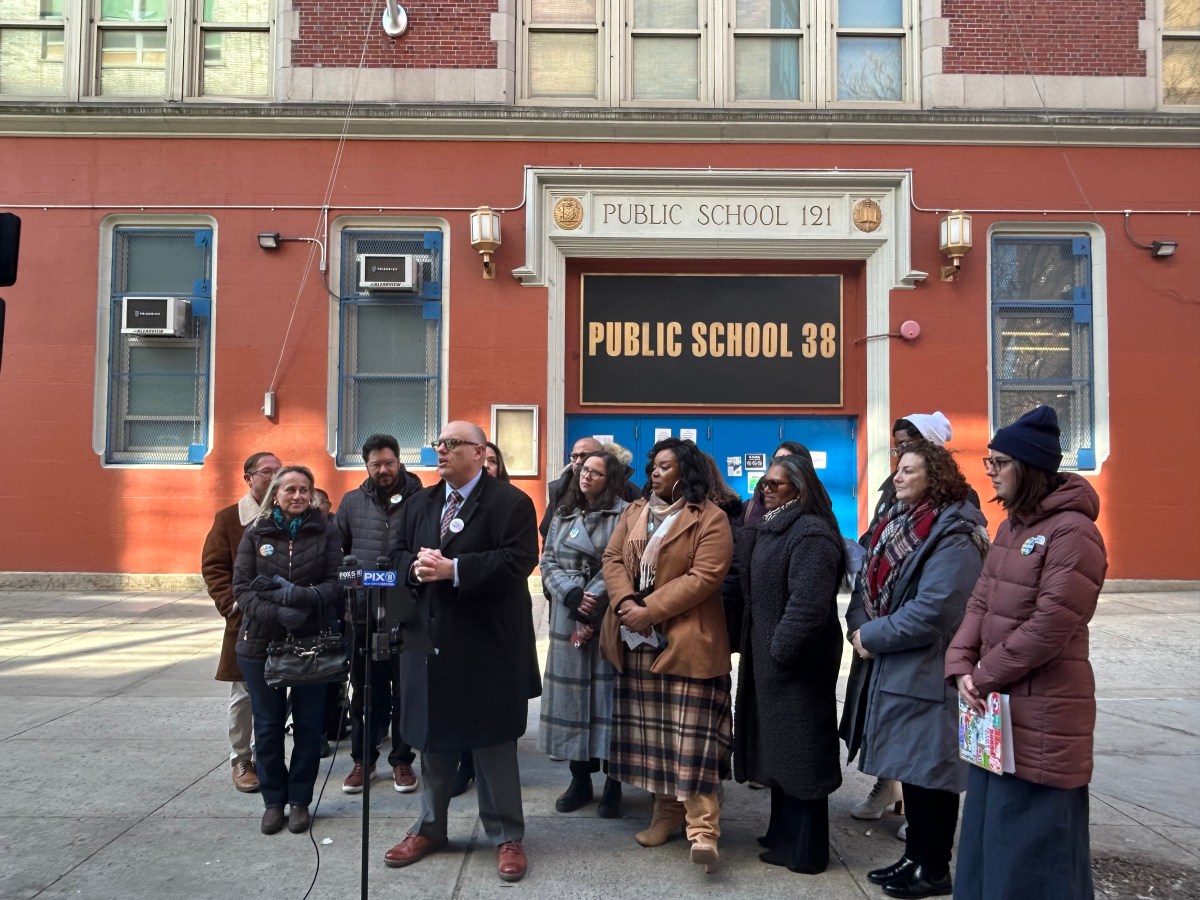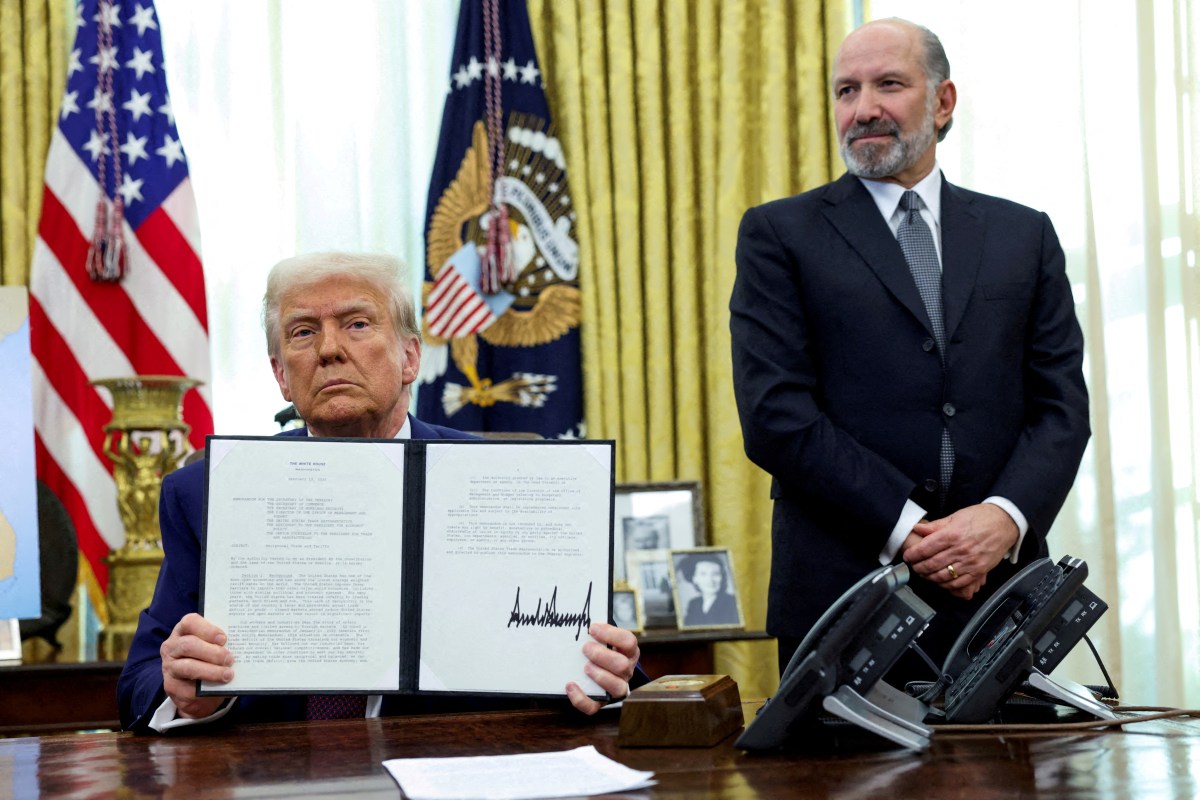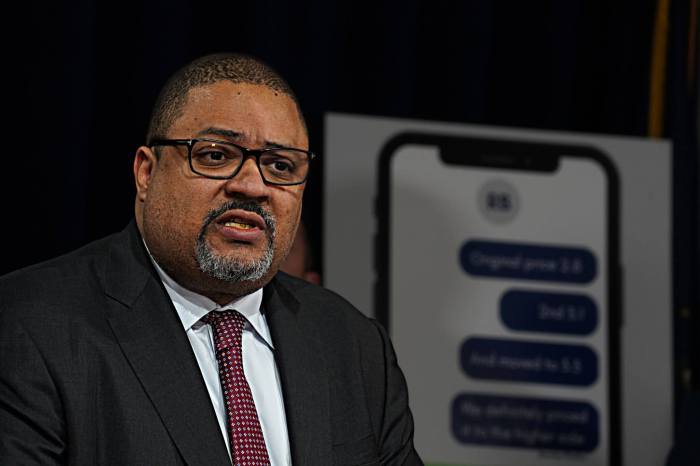KINSHASA/CAIRO (Reuters) – Egypt and Sudan said on Tuesday that the latest round of talks with Ethiopia over the Grand Ethiopian Renaissance Dam (GERD) in Kinshasa have ended with no progress.
Delegations from the three countries were meeting in the Democratic Republic of Congo amid efforts to break a deadlock in talks over a project Ethiopia says is key to its economic development and power generation.
Egypt fears the dam will imperil its supplies of Nile water, while Sudan is concerned about the dam’s safety and water flows through its own dams and water stations.
Before the meetings began, Egypt had said they represented the last chance to restart negotiations before Ethiopia begins to fill the dam for the second year in a row after seasonal rains begin this summer.
Sudan’s foreign minister, Mariam al-Sadig al-Mahdi, told reporters on Tuesday that Ethiopia’s insistence on such unilateral moves represents a violation of international law.
“This Ethiopian intransigence requires Sudan to consider all possible options to protect its security and its citizens,” the Sudanese irrigation and water resources ministry said in a statement.
After the Kinshasa meeting, Ethiopia emphasized that the second-year filling of the dam reservoir would be carried out as scheduled and expressed its readiness to facilitate data and information exchange on the filling, the foreign ministry said in a statement.
“Ethiopia cannot enter into an agreement that would foreclose its current and future legitimate rights over the utilization of the Nile,” it added.
Sudan and Egypt were aligned on a proposal to include the European Union, United States and United Nations as mediators, as an addition to current African Union facilitation of talks.
Both countries said Ethiopia rejected the proposal during the meeting, as well as other suggestions to restart negotiations.
“This position reveals once again Ethiopia’s lack of political will to negotiate in good faith,” the Egyptian foreign ministry said in a statement.
Last week, Egypt’s president, Abdel Fattah al-Sisi, said there would be “inconceivable instability in the region” if Egypt’s water supply were affected by the dam.
(Reporting by Hereward Holland in Kinshasa, and Mahmoud Mourad, Nadine Awadalla, Nafisa Eltahir and Nayera Abdallah in Cairo, and Khalid Abdelaziz in Khartoum; Editing by Jonathan Oatis and Matthew Lewis)



